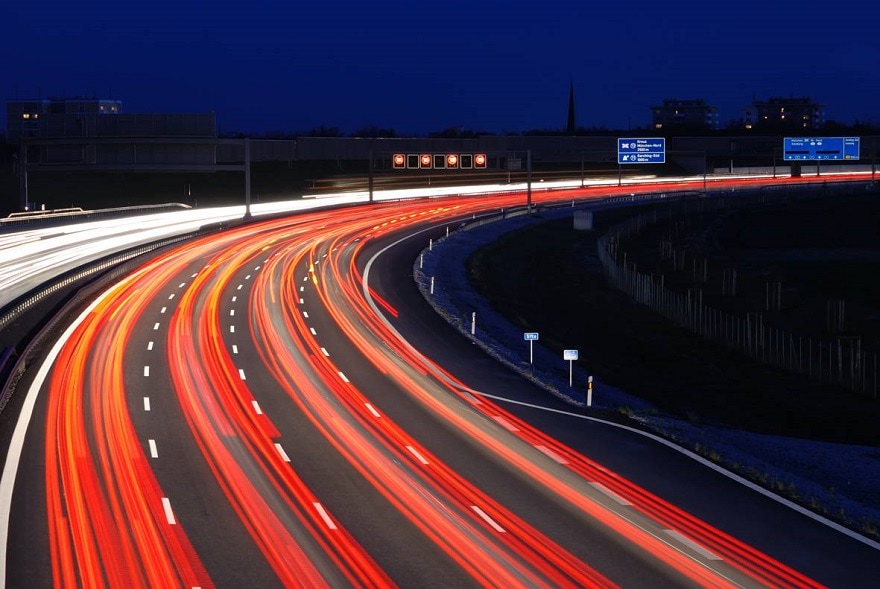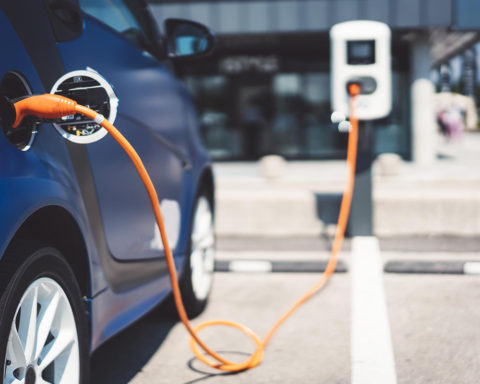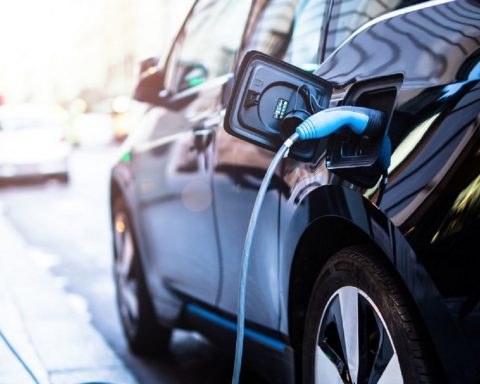The facts at the origin of the case before the Council of State
The decision of the Council of State

The technique of geolocation and its risks for privacy
Reporting and information obligations when a processing operation is carried out
Assessment of the capacity of data controller by the Council of State













